Reports have surfaced indicating that a high-ranking government official has allegedly acquired a new helicopter to facilitate his personal travels, effectively joining the ranks of the country’s elite.
According to an anonymous report shared by a well-respected media house, the official took this step after facing significant challenges while using state-provided vehicles and helicopters.
The report suggests that the official, referred to as a “TOP DOG” by insiders, experienced frustration when he was denied access to military helicopters, a privilege granted to some of his colleagues.
This denial reportedly angered him to the point of abandoning all state-provided transport options.
He has since opted to rely solely on personal drivers, bypassing those designated by the government.
The media outlet revealed that the official’s new helicopter has already been imported and is currently being assembled at an undisclosed location.
This clandestine preparation underscores the lengths to which the official has gone to ensure his mobility and maintain a sense of autonomy and prestige.
The acquisition of the helicopter is seen as a clear statement of his intent to operate independently, free from the constraints and perceived inequities of state provisions.
The official’s decision to purchase a private helicopter has sparked considerable debate and scrutiny.
On one hand, it highlights the growing divide between government officials and the general population, particularly in terms of access to resources and privileges.
It raises questions about the efficiency and fairness of the state’s transport logistics for its officials.
Critics argue that the move exemplifies a troubling trend among high-ranking officials who prioritize personal comfort and status over public service and accountability.
They contend that such actions erode public trust and exacerbate perceptions of elitism within the government.
Supporters, however, may view the official’s decision as a pragmatic response to bureaucratic inefficiencies and an assertion of his right to ensure smooth and secure travel.
Regardless of the varying perspectives, the incident has undoubtedly cast a spotlight on the complexities and challenges of state governance and resource allocation.
The media house’s revelation of the helicopter being assembled in secrecy only adds to the intrigue and raises further questions about the transparency and propriety of the official’s actions.
This remains to be seen how the government will respond to this development and what measures, if any, will be taken to address the underlying issues of transport access and equity among its officials. In the meantime, the official’s entry into the “club of the rich and privileged” serves as a potent reminder of the ongoing tensions and disparities within the corridors of power.





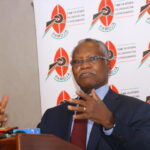

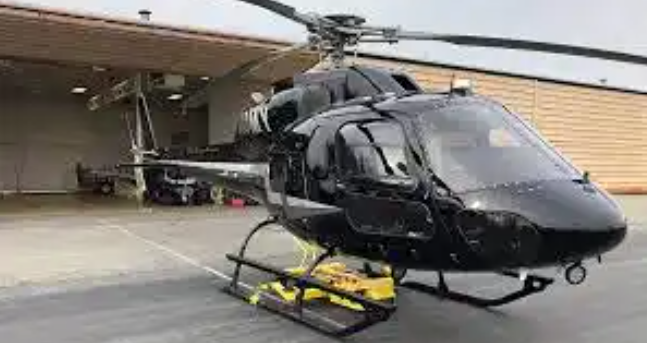

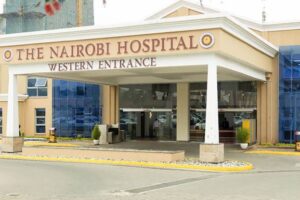





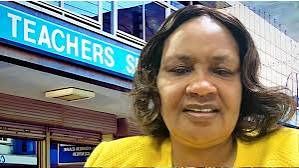
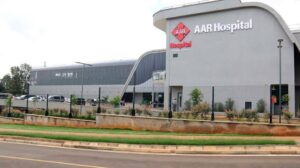
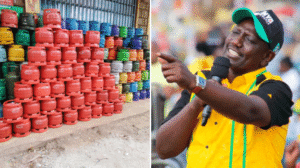



Add Comment